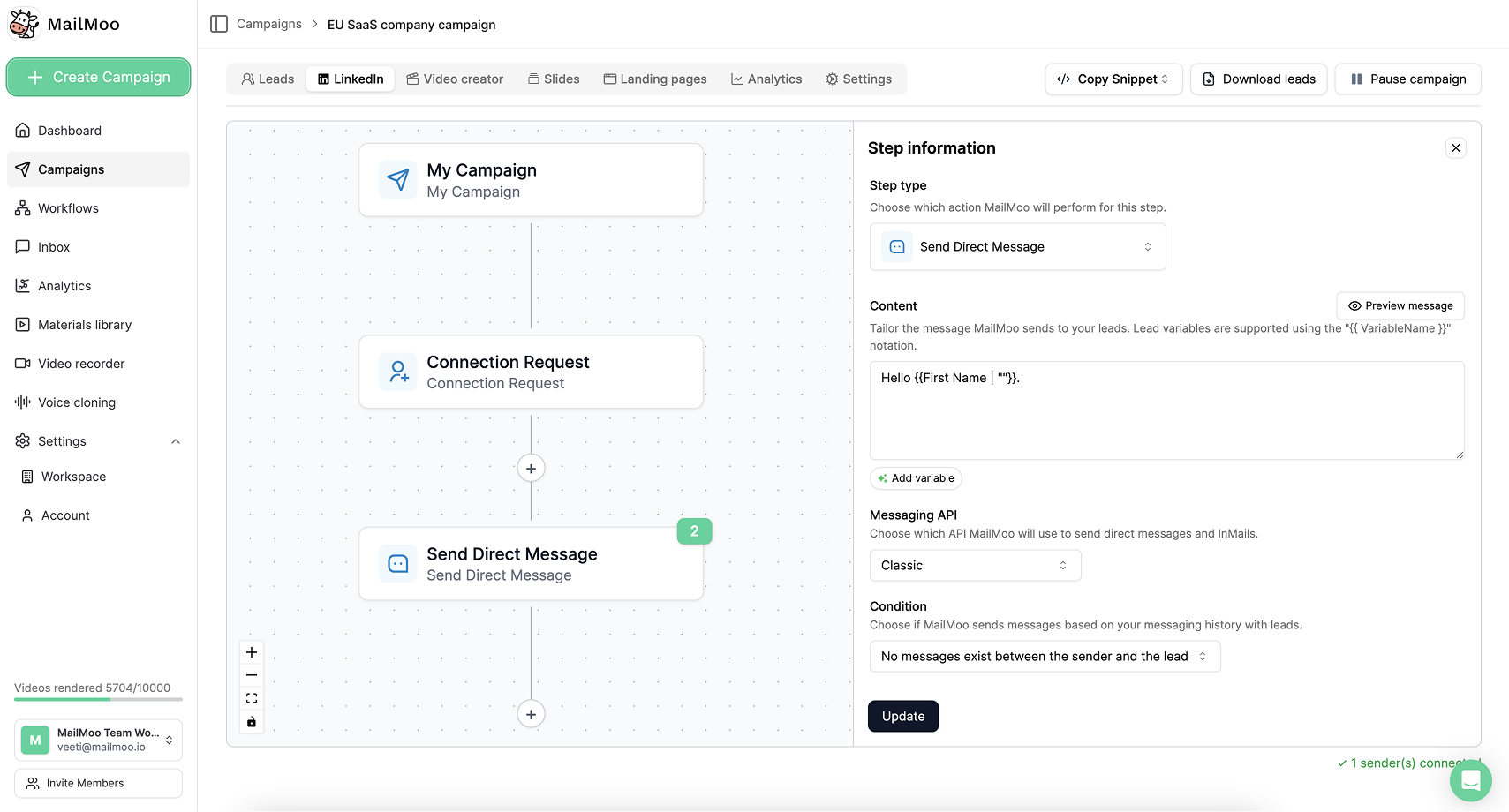What is the Best Time to Send Cold Emails for Maximum Opens and Conversions?
What is the Best Time to Send Cold Emails for Maximum Opens and Conversions?
Cold email communication is a powerful tool for generating leads and connections, but the timing of your email is really important for the success of your cold email. Even the most impressive message can be ignored if it ends up in the inbox at the wrong time. So timing is everything, but when is the best time to send cold emails to ensure they get opened and converted? Let's dive into the details that affect optimal broadcast times.
The Importance of Timing in Cold Email Success
Timing plays an important role in email marketing as stated. Sending emails at the right time ensures three things:
Higher open rates: Your email ends up in the recipient's inbox when they are most likely to see it.
Better engagement: A well-timed email grabs the recipient's attention and gets them ready to act.
Increased conversion: The right timing corresponds to the work habits of the recipient, so the probability of a response increases.
The Best Days to Send Cold Emails
Midweek is Prime Time: Tuesday, Wednesday, and Thursday
According to research, the middle of the work week is the best place to send cold emails. Here are a few reasons:
Tuesday: Recipients have adjusted to their week and are focusing more on work-related tasks.
Wednesday: Productivity is at its peak in the middle of the week, which makes recipients more receptive to thoughtful actions.
Thursday: The week is coming to an end, which makes this an efficient day.
Why Not Monday or Friday?
Monday: People are busy with weekend tasks and are likely to ignore non-urgent emails.
Friday: The focus shifts to finishing work and planning the weekend, leaving no room or time for cold emails.
The Best Times to Send Cold Emails
Morning: 9:00 a.m. to 11:00 a.m
Sending emails in the middle of the morning takes advantage of the time when recipients are likely checking their inboxes as part of their daily routine. They're probably already at their desk ready to work, allowing your email to stand out from a relatively fresh inbox.
Early afternoon: 13:00-15:00
This window of time is also very good to take advantage of. After lunch, there is often a productivity spike, when the recipients have sorted out their priorities for the morning and are more open to new opportunities.
Avoid late afternoon and evening
Because emails sent after 4:00 PM are more likely to get buried in the inbox or ignored when recipients call it a day.
Factors That Can Affect the Best Time for Your Audience
Your Target Industry: Because different industries have different work schedules.
For example: Business professionals: Normal business hours (9:00 AM to 5:00 PM) are ideal for outreach.
In creative fields: There are flexible schedules, which means that emails can be received better later in the day.
Healthcare professionals: Early mornings or late evenings may work best because of their irregular schedules.
Geographic Location and Time Zones
If you're emailing globally, consider their local time zones. Schedule emails to arrive in their inbox optimally, and don't schedule messages according to your own time zone.
Recipient’s Role
Decision makers such as C-suite executives may have different email habits than entry-level professionals. The study suggests different departure times for decision-makers at different levels:
C-suite executives: Cold email is best sent early in the morning when their day is not yet that busy.
Managers and staff: Mid-morning or early afternoon because that's when their productivity is at its highest.
Tips to Maximize Cold Email Success
Use email analytics for testing and optimization: Platforms like MailMoo offer detailed analytics, telling you the open rates, click-through rates and engagement times of your emails. This information allows you to test different broadcast times and determine what works best for your audience.
Avoid spam times: If you send emails at unusual times, such as midnight or on weekends, be aware that they may trigger spam filters or appear less professional.
Take advantage of automation: Use tools that allow you to schedule emails based on time zones and recipient behavior. Automation ensures that your email reaches the right person at the right time without manual work.
Follow up strategically: If your first email is not answered, follow up at another time. Research shows that persistence can significantly improve response rates, but don't be pushy.
The Science Behind Timing and Conversions
While open rates are important, the ultimate goal is to get conversions. The right timing of emails does more than increase opens, it ensures that your message is read when the recipient is most receptive. In a nutshell: Correct timing increases the probability of achieving the desired result.
Key Takeaways
Best days to send cold emails: Tuesday, Wednesday and Thursday are the most effective days.
Best times to send cold emails: Mid-morning (9:00am-11:00am) and early afternoon (1:00pm-3:00pm).
Personalization matters: Tailor delivery times to the recipient's industry, role and location.
Test and refine: Continuously improve your timing strategy with analytics. Test and find the best strategies for sending cold emails.
